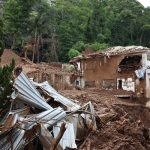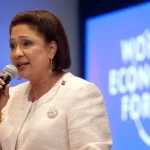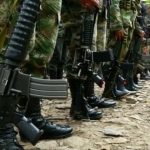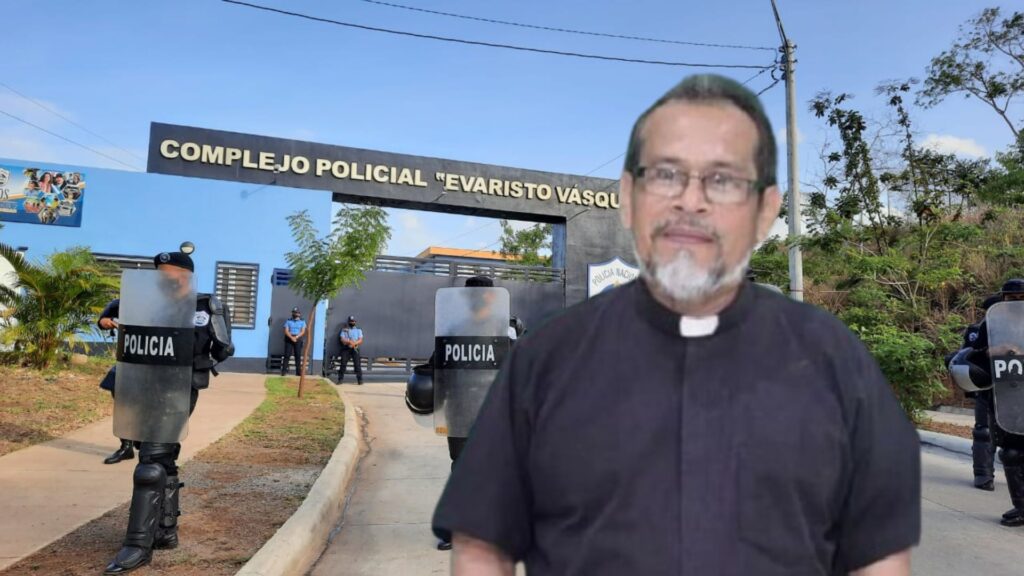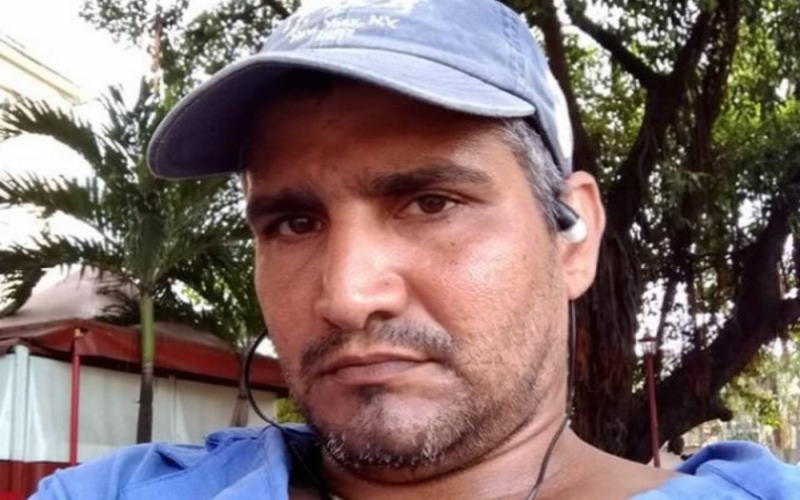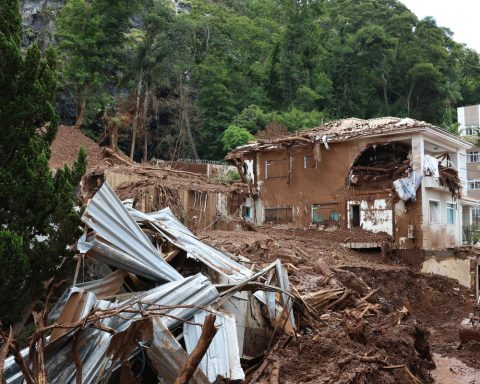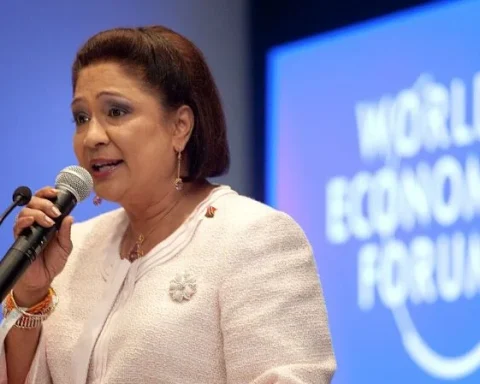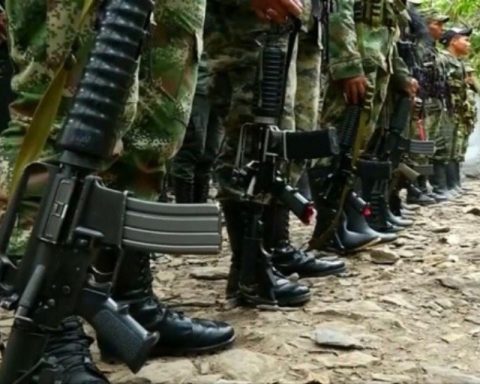AND
in Latin America, the only constitution that defines the socioeconomic regime that founds and regulates its productive, public, social and cultural life is that of Cuba. In article 1 it establishes: Cuba is a socialist State of law and social justice, democratic, independent and sovereign, organized with all and for the good of all as a unitary and indivisible republic, founded on the work, dignity, humanism and ethics of its citizens.
.
I have always wondered why none of the other countries in the Americas assume themselves based on what their economic and social base is, that is, why none of them define themselves as capitalist in their constitution. Usually, the constitutional terms to define their regime are those of free, sovereign, republican, democratic, representative, federal or unitary. These terms, we have seen, are relative and non-existent in certain situations. Let us think of military dictatorships: in them these definitions disappear and are replaced by the rude orders of those who take power by means of arms. However, what does not disappear or fundamentally change is production. Workers and businessmen continue without major changes: some receive a salary and others profits. Its activity is then the central thing in all the countries whose relations between them are defined by capital. These relationships determine the functioning and content of the other activities and institutions of society.
Why, then, this omission that extends to all areas of daily life. My hypothesis is that it is due to a shameful feeling for the spontaneous inequality that the capitalist regime segregates and to a defense strategy of the State that privileges its holders. With laws and diverse practices it is a matter of disguising this privilege and that it be seen as something natural. Simulation and the need to control the proletariat so that it does not oppose inequality have been accentuated, precisely, in the decades of so-called neoliberalism.
There are places where that inequality becomes more hateful. One of them is the state of Nuevo León, in Mexico. Their plutocracy is dissatisfied with the modestly leveling policies of the current government carried out – which they find insulting – under the slogan of first the poor
. And they have fought them by calling them populists. As if any capitalist country could survive without them. In Mexico they become more visible because of the ruinous balance left by business populism. The opposition today aspires to this type of populism, fed and financed by the plutocracy, whose epicenter is the sampetrino-regiomontana faction, as can be seen in the media with the greatest coverage headed by the axis The North-Reform.
Corporate populism has grown in Mexico since the government privatized the resources of the boom oil; continued with the companies managed by him and crowned his attack on the vast majority by converting the banks’ liabilities into public debt: the bailing out
through Fobaproa and Ipab.
Now, the PRI and PAN blocs –the majority in the Nuevo León Congress– are promoting a law that makes companies recipients of a similar rescue intended for emergencies. One of those emergencies can be, according to the initiative, that the workers of a company declare a strike. 0.5 of the annual budget would be allocated to the fund: now some 600 million pesos that, if not exercised or partially exercised, would go to a trust. A council made up of authorities and representatives of business organizations would also be created. The workers, who are the direct producers, do not enter into the scheme.
To the traditional bipartisanship, PAN-PRI, the growing bench of the MC would be added to which mayors and deputies from those parties are joining.
Such a law would be one of many samples of the vocation of the privatization of the public hemisphere of the State. The morenista deputy Jessica Martínez has written: While the citizens are increasing property taxes, endorsement, water and transportation, companies are trying to create a fund for their own rescue
( Future5/26/22).
From electoral legality to the abusive distribution of water and its political use, the comment is escorted by the conclusion: the rich come first.
Unlike the federal electoral law, where the financing of individuals to political campaigns should not exceed that of public origin, the Nuevo León law ignores that provision. Thus, in past elections the PAN has been able to capture, with private contributions, up to seven times more than its share of public financing.
Given the severe water cuts to poor neighborhoods, a PRI practice reappeared with the colors of MC: a deputy from this party managed the presence of pipes in those neighborhoods to save
your future voters from the urge.
If in a capitalist regime everything converges to maintain inequality in favor of larger capitalists, in Nuevo León the idea shines that freedom and democracy –empty business singsong– have nothing to do with equality or justice.






